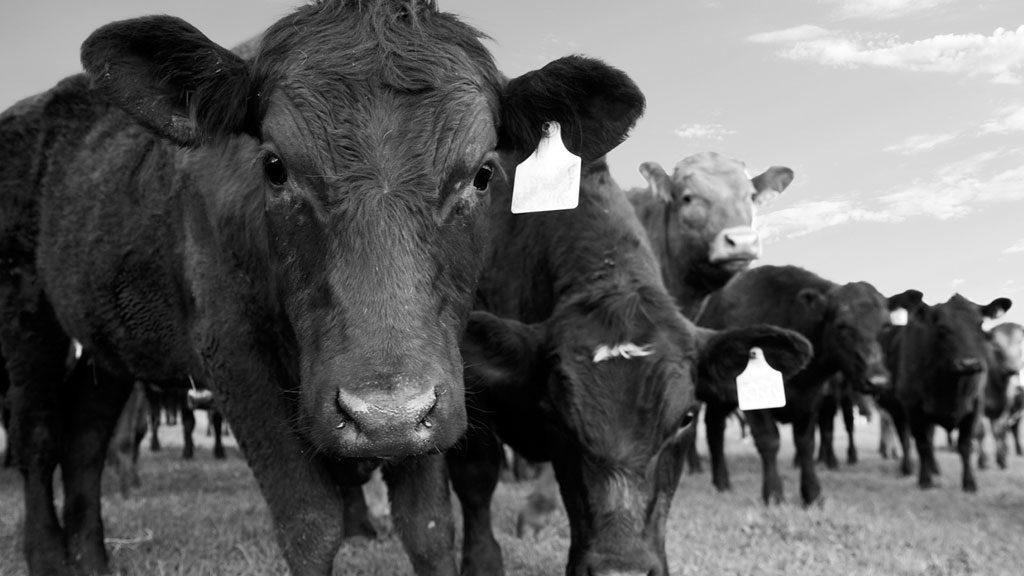Livestock diseases will be better managed by incorporating the behaviors of individual farmers into national infection control policies, according to new research.
Incorporate the actions of individual farmers when forming policies to tackle livestock disease outbreaks, say researchers from the University of Warwick and University of Nottingham
Mathematical models have examined the optimal response that farmers and policymakers should follow to cut immediate costs and protect both individual farms and the wider farming industry
As with COVID-19, the response of every individual can be crucial to slowing the spread of disease
Livestock diseases will be better managed by incorporating the behaviors of individual farmers into national infection control policies, according to new research.
The findings are the latest from the BBSRC-funded Farmer-led Epidemic and Endemic Disease-management (FEED) project, an interdisciplinary research group including epidemiologists, mathematical modelers, behavioral scientists and veterinarians from the Universities of Warwick and Nottingham.
Using mathematical models, researchers at Warwick’s Zeeman Institute for Systems Biology and Infectious Disease Epidemiology Research (SBIDER) and from the University of Nottingham have examined the optimal behaviors each farmer can follow during a disease outbreak, which can help them to not only lessen their own immediate costs, but also to slow the spread of infection and reduce losses for the whole industry.
“Our analysis of livestock infectious disease control policies, under differing social perspectives on vaccination behavior, can indicate to those developing veterinary health policy the nature of control measures that is optimal both from the industry and the individual farmer-level perspectives,” said Dr. Ed Hill, correspond author on the paper.
The research team simulated livestock disease outbreaks in several different scenarios and worked out how the best outcomes could be reached — from the perspective of both government policymakers who are looking to protect the wider livestock industry, and from that of farmers who have businesses and animals to protect.
In their models, the researchers analyzed representative livestock systems in the English counties of Devon and Cumbria, looking at the outcomes of various potential disease outbreaks and the actions that might be taken by farmers, for example, vaccinating animals as a precaution; as a reaction; or not vaccinating at all.
The researchers found that what one individual farmer may consider the most effective way to reduce infection risk in their own livestock may not have the same benefit for other farmers.
“Most models of livestock disease treat farmers as obeying government rules without question or behaving simply to maximize their own profits,” noted Professor Matt Keeling from the University of Warwick. “The FEED project adds far greater realism, understanding the different factors that drive farmer behavior in the face of an emerging disease.”
The researchers found, just as the COVID-19 pandemic has shown how crucial individual behavior is in controlling the spread of an infectious disease in a human population, during a livestock infection the response of each farmer could be critical to protecting animal welfare nationally and keeping the farming industry afloat.
Therefore, the researchers concluded that the actions of individual farmers should be considered in any major policy framework for tackling future livestock disease outbreaks.
Modelling livestock infectious disease control policy under differing social perspectives on vaccination behaviour. PLOS Computational Biology, 14 July 2022.


